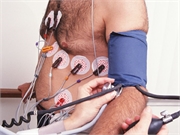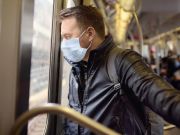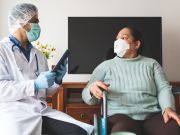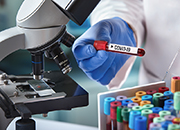
Despite the wave of criticism that has followed the U.S. Food and Drug Administration’s emergency approval of convalescent plasma to treat COVID-19 patients, infectious disease experts say the therapy remains promising. Some scientists have questioned both the timing of the approval and the veracity of a key survival statistic cited by FDA Commissioner Dr. Stephen… read on >





























